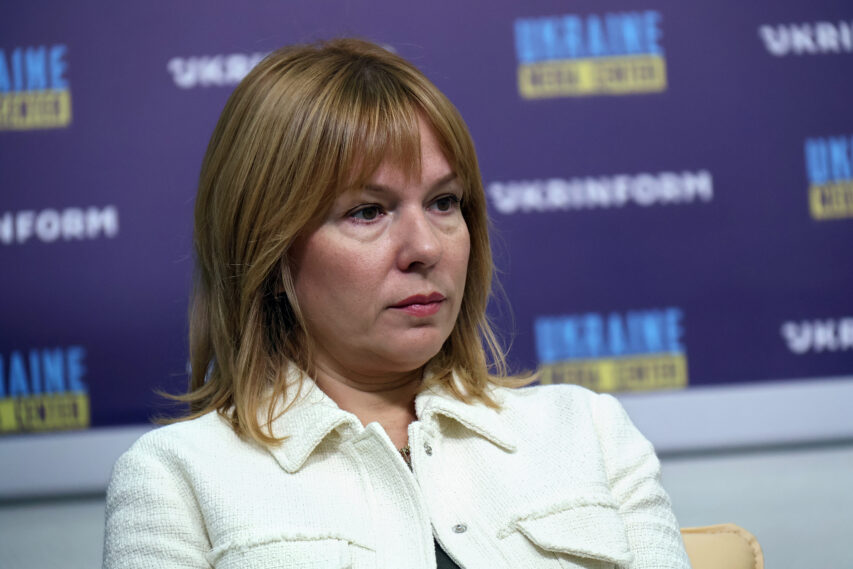
Distance and blended learning – What challenges are to overcome during the educational process
According to the Ministry of Education and Science of Ukraine, this year, 500,000 more children will be enrolled in classroom learning. One million children will start studying remotely, and 1.2 million will study using a blended learning approach.
At the same time, if children are forced to study remotely, they should be prepared to be unable to take full advantage of the educational process they would have been provided if studying with physical place-based classroom methods. This means that measures will be needed to bridge these gaps in the future.
It was emphasized by Ivanna Kobernyk, Co-Founder of “Smart Osvita” NGO, at the country’s main discussion platform, the BrainHub, at the Media Center Ukraine – Ukrinform.
“This means that the process of building shelters is ongoing, the process of returning children from abroad is underway, and 500,000 more children will study in class this year. Nevertheless, a very large number will still study remotely and in a mixed mode of blended learning. Schools have embraced studying remotely for a million children, and 1.2 million children are involved in mixed-mode blended learning. And we really don’t know what is behind the ‘blended learning’ approach, what proportion of face-to-face learning is actually taking place, which is really very important for the quality of education,” said Ivanna Kobernyk.
She noted that international studies conducted in different countries after the COVID pandemic on the impact of forced online studying during the pandemic on education have shown a decline in children’s academic performance in all countries.
“So we need to keep this in mind. If children are forced to study remotely, we must prepare for the fact that they will not get everything from the educational process that they would have received if they had been studying in full-time education. This means that measures will be needed to bridge these gaps in the future, to help children catch up with what they have missed, or to reform those skills that have not been formed. This is especially true for elementary school children,” she emphasized.
According to the expert, the greatest challenge is, in particular, elementary school because this year, children whose first grade fell during the first year of the pandemic will enter the fourth grade. And among them are those who may have never been to school in person.
BrainHub is the country’s main discussion platform created by the Media Center Ukraine – Ukrinform. It brings together experts from the state and civil society sectors. BrainHub hosts intellectual discussions around the issues of the post-war reconstruction of Ukraine. It’s the birthplace of the best ideas that will become the foundation for the road map of Ukraine’s reconstruction in all sectors: economy, infrastructure, education, agriculture, security, digital, etc.
Read more: https://mediacenter.org.ua/news
 Back
Back 